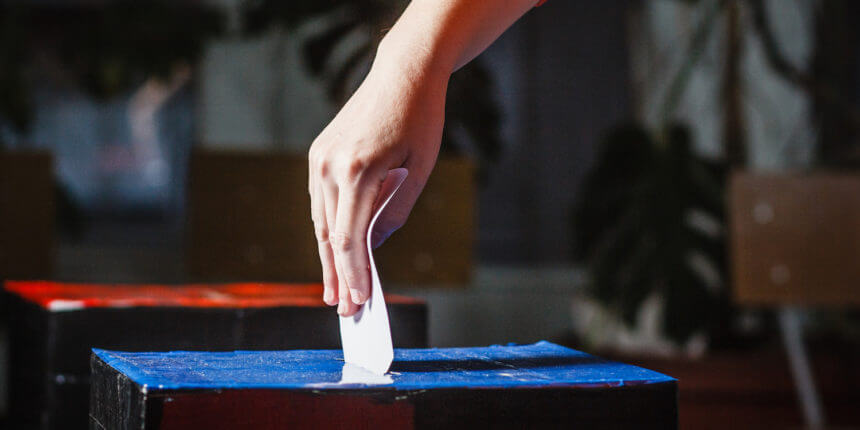AEternity to conduct blockchain voting pilot project in Uruguay

The political party in Uruguay aims to enhance citizen participation in its voting system, and has recently announced a partnership with the blockchain project AEternity. The project is designed to make a series of policies more transparent, allowing citizens and digital party members to contribute to its governance processes.
Table of Contents
Uruguay is located at the southeastern end of South America, with a population of only 3.5 million. Despite its small size, it is one of the most advanced countries in South America, earning the nickname "Switzerland of South America." The country also made history as the first sovereign nation to legalize the recreational use of cannabis, a process that faced significant opposition from the United States and its banks.
Former Uruguayan President Jose Mujica, upon taking office, donated 90% of his monthly salary to charity. His modest lifestyle and personality earned him the title of the "world's poorest president."
Against this backdrop, a Uruguayan political party has decided to introduce blockchain voting systems into policy decisions using the æternity platform, aiming to optimize citizen participation in internal voting processes using blockchain technology.
In the first phase of the project, AEternity will develop a decentralized application that applies the "Liquid Democracy" model, also known as Delegative Democracy, which combines elements of direct democracy and representative democracy.
The application will develop technological solutions for collecting and verifying identities while maintaining users' overall anonymity. This will enable citizens to propose ideas and vote on them securely, using blockchain encryption and verification technology to prevent fraud.
Pablo Coirolo, CEO of AEternity, stated:
The democratic governance implemented by the Digital Party will be used for internal policy governance solutions with aeternity, a new systemic structure that allows citizens to participate in political decisions at all levels to a greater extent and is more reliable.
The report noted Coirolo's confidence in the development of the project's citizen voting system, believing:
This represents a significant milestone in the massive application of blockchain technology in democratic institutions and its benefits.
However, blockchain-based voting mechanisms are not without security risks. According to a previous report by ABM, research by French cryptographers revealed that Moscow's Ethereum-based electronic voting platform is highly insecure, with its low security potentially exposing all voters' voting details.
Related Articles
- The Mother of Cryptography Says: We Need Less "Parental Control"
- International Monetary Fund States: "Bitcoin and Cryptocurrencies are Disrupting the Banking Ecosystem"
Join now to get the most comprehensive financial technology information, blockchain insights, and industry examples!
Related
- Australian Federal Police (AFP) cracked criminal's wallet mnemonic phrase, seized Ghost software, confiscating up to $6.4 million.
- Binance founder CZ released from prison early on Friday, Zhao Changpeng will once again lead the healthy development of the cryptocurrency industry
- The Japanese Financial Services Agency reforms crypto payment regulations, optimizing the handling process of crypto assets and taxation.